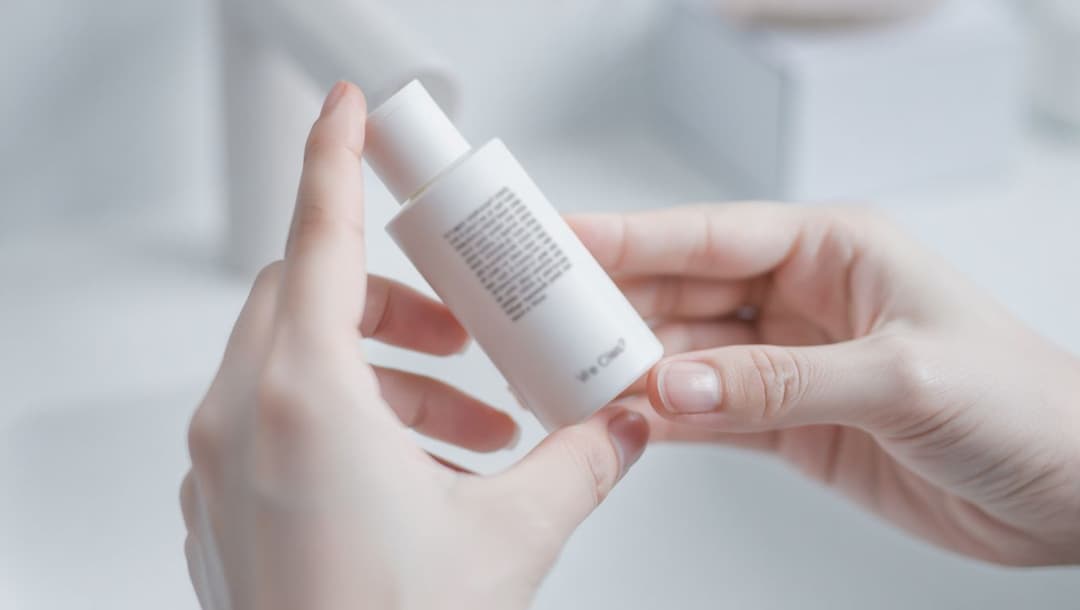Itchy skin, or pruritus, is a common yet often underestimated nuisance that can disrupt daily life and sleep with remarkable persistence. Whether fleeting or chronic, the sensation of an itch is the body’s way of signaling that something – however minor or significant – requires attention. If your skin feels as though it has declared mutiny, here’s a guide to potential causes behind the relentless urge to scratch.
1. Dry Skin (The Desert Dilemma)
Dry skin, or xerosis, is the most common cause of itching, especially in colder months or dry environments. Skin deprived of moisture becomes tight, flaky, and prone to irritation. Hot showers, harsh soaps, and neglecting moisturization only aggravate the situation. The remedy? Regular application of rich, fragrance-free emollients to restore hydration and appease your skin’s silent rebellion.
For further information refer to the article “The dangers of dry skin”
2. Allergic Reactions (The Overly Sensitive Complexion)
Your skin, like a discerning critic, may react dramatically to certain substances. Soaps, perfumes, laundry detergents, or even jewelry can trigger contact dermatitis, leaving behind redness, itching, and irritation. It’s as if your skin is issuing a polite (or not-so-polite) protest against the product in question. The solution is simple: identify the culprit and replace it with gentler, hypoallergenic alternatives. However, this isn't always simple as it may be quite challenging to identify the culprit, and trial and error is often needed to rule out possible offending agents.
3. Insect Bites (Tiny Predators, Big Reactions)
Few things are as disproportionately irritating as the bite of a mosquito or flea. These microscopic intruders feast undetected, leaving behind itchy welts as a memento. While the insect moves on, you're left scratching at the betrayal. Anti-itch creams, antihistamines, and a vow to close the windows at dusk offer the best defense against these unwelcome visitors. Also, always check to ensure that the biters are not embedded in your furniture or bed, fumigation may be needed to eradicate them, especially when it comes to crawling insects and fleas.
4. Stress (When the Mind Plays Tricks on the Skin)
The mind and skin share an intricate connection, and stress can manifest physically in surprising ways. You've heard the expression, “The eyes are the window to the soul”, well, I disagree, the skin is! When the mind isn't happy, it often reflects on the skin. Anxiety or tension can trigger or worsen itching, even in the absence of any visible rash. This phenomenon, sometimes called psychogenic pruritus, is the body’s less-than-helpful way of saying, “You’re stressed – let’s make things worse.” Relaxation techniques may soothe both mind and skin.
5. Chronic Skin Conditions (The Persistent Provokers)
Some skin ailments relish the spotlight, creating ongoing discomfort. Conditions such as eczema, psoriasis, and urticaria are known for their recurring nature, bringing itchiness along with redness, scaling, or bumps. These require targeted treatments, including corticosteroids, antihistamines, and meticulous skincare routines to keep the irritation at bay. These conditions need proper diagnosis and assessment for appropriate treatment by a health professional, preferably a dermatologist.
6. Internal Health Issues (The Hidden Agitators)
Not all causes of itching are skin-deep. Persistent, unexplained itching without a visible rash can be a subtle warning of underlying health issues. Liver disease, kidney failure, thyroid disorders, and iron deficiency anemia are just a few examples of systemic conditions that can present with pruritus. When the itch lingers despite topical remedies, it is wise to consult a healthcare professional to investigate further.
7. Medications (The Unwanted Side Effect)
In the fine print of many medications lies a less glamorous side effect: itching. Antibiotics, pain relievers, and blood pressure medications can all provoke pruritus. If a medication is suspected, discussing alternatives or antihistamines with your doctor can help alleviate the discomfort without compromising treatment.
Approach to addressing itchy skin
- Moisturize regularly with fragrance-free emollients
- Opt for lukewarm showers rather than hot baths
- Use mild, unscented soaps and detergents
- Apply cooling creams containing menthol or calamine
- Take oral antihistamines for allergy-related itching
- Seek medical advice if symptoms persist or worsen
Though often dismissed as a minor irritation, persistent itching can significantly impact quality of life. Whether caused by dry skin, allergens, or internal health issues, the itch is your body's subtle plea for attention. Treat your skin kindly, listen to its signals, and when in doubt – resist the urge to scratch. Seek medical help sooner than later.
Bonus Tip: The "No Scratch" Trick
If the urge to scratch becomes overwhelming, try tapping the area lightly or applying a cool compress instead. It disrupts the itch signal without damaging the skin.

















